If you have not seen Ryan Trecartin’s videos, imagine flipping at break-neck speed through 500 channels of reality TV contestants in garish makeup reading random fragments of text from the Internet out loud. More readily, you could also just go check them out on Vimeo where they reside just as comfortably as they do in an art gallery: maybe more so. In a sense, they practically are the Internet. They attest to ways in which social media, consumerism and rapid technological change have radically altered the ways in which we frame our sense of identity and self-presentation. They also prophesize an era in which celebrity and mass culture gives way to a new kind of totally networked social reality. As he put it in a recent Art in America interview, “There’s this idea in these new scripts that an audience revolution takes place in which people are liberated… That begins an era of multiple parallel worlds rather than one of leaders, audiences, crowds and mass.”
This might be a bit optimistic. More likely, we have reached an era of a “long tail” of sub-cultural or niche fame that co-exists alongside a Hollywood star system, which, itself, has become much more fragmented and niche-oriented. Even so, given his work’s obvious relevance to these phenomena, it is interesting that Center Jenny (2013) is the first video of his which has included several celebrities in addition to his regular coterie of performers. In particular, he has chosen to work with a selection of actresses who have appeared on popular but cultish TV shows, or had supporting but not starring roles in mainstream or Indie films. These include Aubrey Plaza (Parks and Recreation), Alia Shawcat (Arrested Development), Molly Tarlov (Awkward), Nathalie Love (The Bling Ring) and Jena Malone (The Hunger Games).
Without knowing this, it would be hard to sense a noticeable difference in performance style or group chemistry between this and Trecartin’s other videos. The starlets mesh well enough with his less professionalized group. This is definitely the point. Still, the professional actresses are in some cases striking or beautiful on camera in ways that averagely good-looking performers here are not. They look like movie stars. Likewise, it seems, he’s chosen starlets familiar to us from roles that would not seem out of place here. It is easy enough to imagine Nathalie Love saying, as she does here, something as attitudinal as “Under martial law, bitches,” in Sophia Coppola’s The Bling Ring while holding a riot gear shield—if, that is, that were the kind of thing that one found while breaking into Paris Hilton’s house.
Aubrey Plaza as “Monika Nark” has the most prominent role and is a standout. It is interesting that her Parks and Recreation character, no less that than Trecartin’s histrionic narcissistic status announcers, seems like a specifically generational character. As her character April Ludgate on Parks and Recreation, she demonstrates a knack for extremely slight gestures that nonetheless convey reservoirs of emotion hidden behind layers of intense self-containment. This makes her a good fit for Trecartin’s world. Her ability to convey utter self-possession with precise body language is put to good use here. Even so, her tendency toward a kind of affectless distance seems at odds with Center Jenny’s world of gleefully oblivious self-assertion.
Still, in a piece largely concerned with notions of privilege, there are some larger points being made also. Plaza’s role is framed as a kind of quasi-talk show host or maniacal ringmaster, appearing center stage but opposite a reclining female character who is rather belligerent about her “status.” Reclining on lawn furniture, she asserts, almost as if it were a kind of a threat, “I am privileged as fuck.” And then later brags, “My daddy owned the war, at least back when it was on Earth.” Not unlike the talk show host buffoon of The Hunger Games, Plaza appears as a kind of courtier. Interestingly, Jena Malone who appears here was also in The Hunger Games—a film which, however different from Center Jenny, also draws disturbing parallels between fame, spectacle and income inequality.
Fame, then, is just one type of identity among others: Trecartin’s work is evolving into a cautionary tale: no matter how “famous” one gets (whether it is “Art World Famous,” “Twitter Famous,” or actual bona fide “Famous-Famous”), there are other games to play. Notably, as his work becomes increasingly concerned with status, fame, war and class inequality, it has become that much darker and more pessimistic.
@ Ryan Trecartin Image courtesy of Andrea Rosen Gallery, New York and courtesy Regen Projects, Los Angeles
See Lizzie Fitch/Ryan Trecartin
October 18–November 26, 2014
Regen Projects Los Angeles





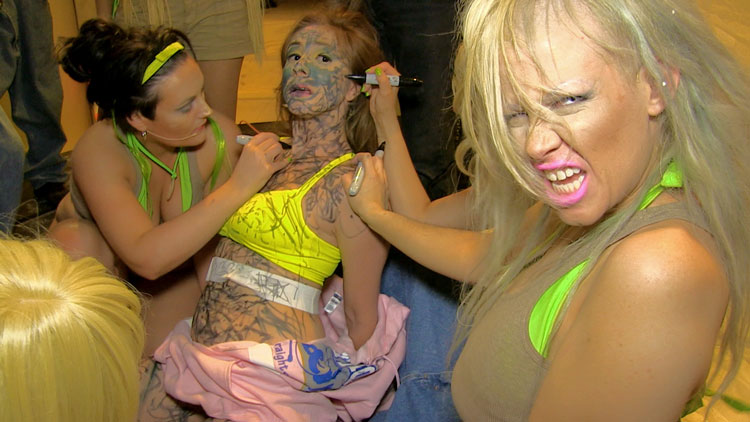
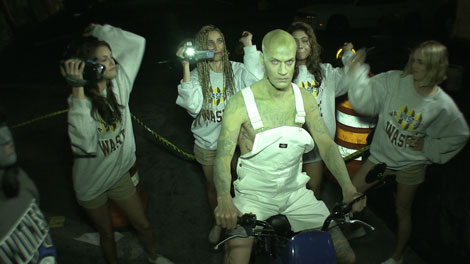
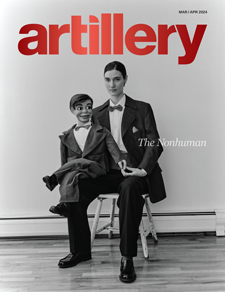

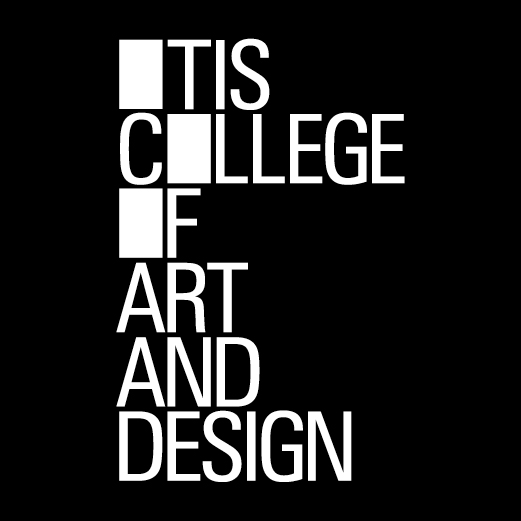





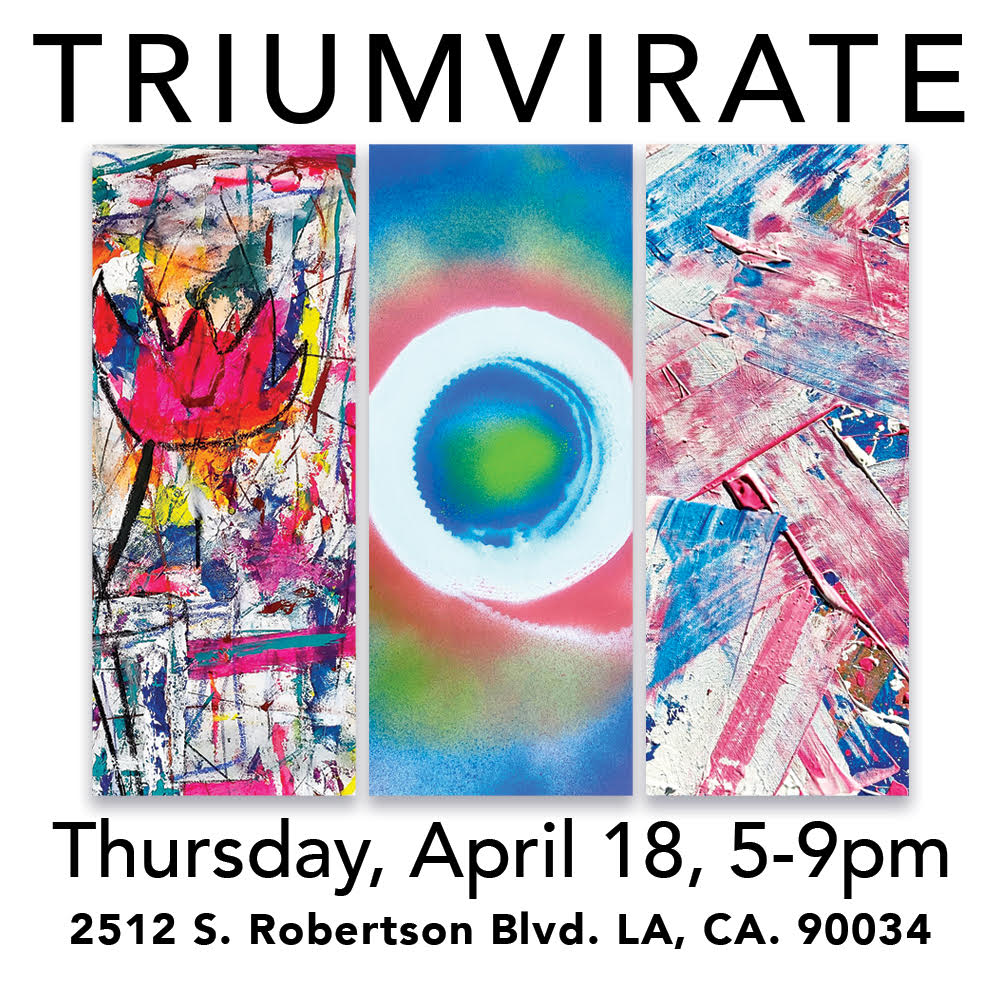
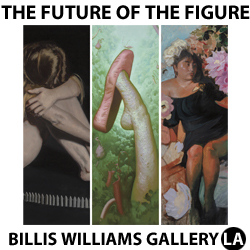



I would compare this film to Pasolini’s Salo